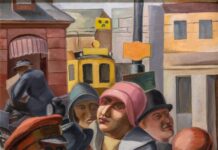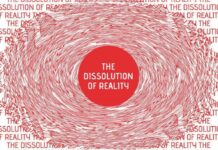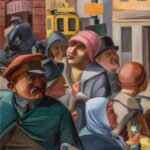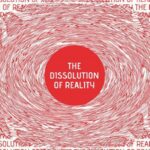
20.09. – 24.09.2017
No work, no play?
This year’s Philosophicum Lech questions the future of work ethic.
If there’s one thing the Vorarlbergers have never been accused of, it’s laziness. However, the stereotype of the Alemanni, who are always diligent in fulfi lling their work ethos, threatens to fall under the digital revolution in the working world. This year’s Philosophicum Lech is questioning what that might mean for the future.
In the future, what will we understood by the term work when, in many areas, machinery and algorithms are taking over a large part of the work activities that we still carry out today as part of gainful employment? Does it even make sense to propagate the Protestant ethos “he who does not work, neither shall he eat” if what we currently know as gainful employment soon runs out of tasks for us?
The obligation to Work has hitherto been the fundamental foundation of the social contract in almost all societies. Even beyond ideological boundaries – in both communism and today’s dominant neoliberal fi nancial capitalism – albeit with signifi cantly different conclusions and imperatives.
Until now, there was widespread agreement that “work is obviously the decisive source of the prosperity, value, and dignity of a person – regardless of political direction”, as Konrad Paul Liessmann, scientifi c director of the Philosophicum Lech, summarises.
Paul Lafargue had already held a “right to laziness” against this work ethos at the end of the 19th century. His criticism is aimed at the supposed necessity of permanent economic growth and the associated compulsion to consume. Lafargue’s criticism of the “religion of labour”, as he calls it, attracted both the criticism of capitalist and communist theorists at the time.
Today, on the verge of a time when, on the one hand, artifi cial intelligence and robotics irreversibly change the working world and, on the other hand, the shortage of resources worldwide pulls the rug out from under the dogma of permanent economic growth, the overall conditions are completely diffrent. The debate on an unconditional basic income is should be viewed from perspectives where full employment in the traditional sense of the concept of gainful employment is becoming increasingly difficult to achieve.
Not only is work ethic as such a matter of debate, but also the fundamental understanding of the concept of work – or even its supposed counterpart, laziness. What do we mean by these terms today? In a time when more and more people are increasingly moving away from this “old” work ethos and putting other meaningful values from their perspective into the foreground, this is probably one of the most exciting questions that one can contemplate, and to which the Philosophicum Lech seeks answers.
INFO 21. Philosophicum Lech Mut zur Faulheit. Die Arbeit und ihr Schicksal 20.09. – 24.09.2017 Lech am Arlberg Philosophisch-literarischer Vorabend: Michael Köhlmeier und Konrad Paul Liessmann – Von der Trägheit des Herzens 20.09.2017, 18.00 Uhr Tractatus – Der Essaypreis des Philosophicum Lech Preisverleihung 22.09.2017, 21.00 Uhr www.philosophicum.com











